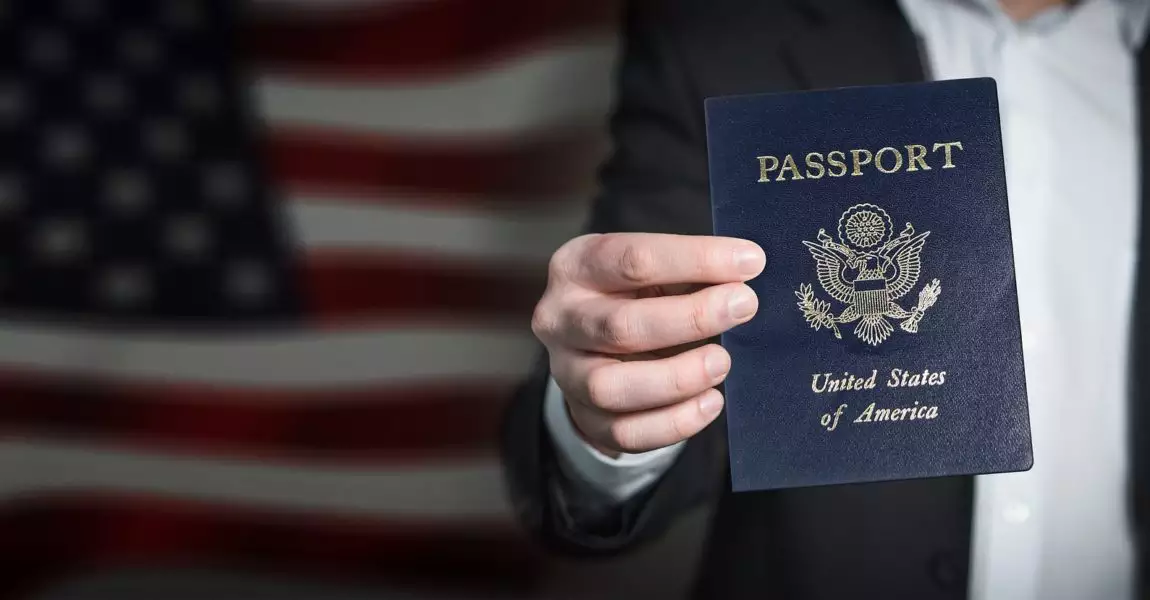Are you a Mexican citizen dreaming of visiting the United States? The process of obtaining a US visa can seem daunting, but fear not – we’ve got you covered! In this ultimate guide, we’ll walk you through everything you need to know about applying for and securing your US visa. From essential documents to interview tips, consider this your go-to resource for making your American dreams a reality. Let’s get started on the journey to crossing borders and exploring new opportunities in the land of the free! US Visa for CITIZENS OF MEXICO
Introduction to the US Visa Process for Mexican Citizens
For many Mexican citizens, obtaining a US visa can seem like a daunting and complicated process. However, with the right information and guidance, it can be a straightforward and achievable goal. In this section, we will provide an overview of the US visa process for Mexican citizens, including necessary documents, application procedures, and tips for success.
Types of US Visas Available to Mexican Citizens
There are various types of visas available to Mexican citizens who wish to visit or immigrate to the United States. The most common ones include:
1. B-1/B-2 Visitor Visa: This is a nonimmigrant visa that allows individuals to enter the US temporarily for business (B-1) or pleasure (B-2) purposes.
2. F-1 Student Visa: This type of visa is designed for students who wish to pursue academic studies in the US.
3. H-1B Work Visa: This visa is granted to foreign nationals with specialized skills or knowledge who have been offered employment in the US by a company.
4. K Family-Based Visas: These visas are available to spouses, children, and other immediate relatives of US citizens or permanent residents. US VISA AFTER CHANGING NAME
5. L Intracompany Transfer Visa: This category is intended for multinational companies that need employees from their foreign offices to work in their US-based offices.
6. O Extraordinary Ability Visa: This visa is granted to individuals with extraordinary abilities in fields such as science, arts, education, business or athletics.
7. TN NAFTA Professional Worker Visa: Under the North American Free Trade Agreement (NAFTA), Mexican professionals may apply for temporary entry into the United States under certain occupations through this visa category.
Documents Required for a US Visa Application
When applying for any type of US visa as a Mexican citizen, you will need to gather several supporting documents which include:
1. A valid passport that does not expire until at least six months after your planned departure from the US.
2. A completed Nonimmigrant Visa Electronic Application (DS-160) form.
3. Proof of financial stability, such as bank statements, to show that you can support yourself during your stay in the US.
4. Documents proving ties to Mexico, such as property ownership, employment contracts, or a letter from an employer stating that you have a job to return to in Mexico.
5. Letter of invitation or sponsorship if applicable (e.g., for work or education-related visas).
6. Consular application fee payment receipt and possibly an interview appointment confirmation page.
Application Process for a US Visa
The process of applying for a US visa as a Mexican citizen involves several steps:
1. Complete the DS-160 form online and upload your photo.
2. Pay the application fee via bank transfer or at designated banks in Mexico.
3. Schedule an appointment with the US Embassy in Mexico City or one of its consulates around the country.
Eligibility requirements for a US Visa for Mexican citizens
Eligibility requirements for a US Visa for Mexican citizens may vary depending on the type of visa that is being applied for. Generally, there are two main categories of visas available for Mexican citizens – nonimmigrant visas and immigrant visas.
Nonimmigrant Visas:
Nonimmigrant visas are intended for temporary visits to the United States, including tourism, business, study or work purposes. The most common types of non-immigrant visas available to Mexican citizens include B-1/B-2 visitor visas, F-1 student visas, and H-1B work visas.
To be eligible for a non-immigrant visa, Mexican citizens must meet certain criteria set by the US Department of State. These include having a valid passport with at least six months remaining before expiration, demonstrating strong ties to Mexico such as family, employment or property ownership that will compel them to return after their visit to the US is complete. Additionally, applicants must also provide proof of financial capability to cover their travel expenses and any potential medical costs while in the US.
Immigrant Visas:
Immigrant visas are intended for those who wish to permanently reside in the United States. The process of obtaining an immigrant visa is more complex than that of a non-immigrant visa and requires proof of eligibility through various documentation.
One option for Mexican citizens is the Diversity Immigrant Visa Program (DV Lottery), which allows 55,000 immigrants from countries with historically low rates of immigration to enter into a lottery system annually. If selected through this program, applicants must still go through additional steps such as background checks and interviews before receiving their visa.
Another route for permanent residency in the US is through sponsorship by a family member who is already a US citizen or permanent resident. This can include immediate relatives such as spouses or parents as well as other close relatives such as siblings or adult children. In this case, the sponsoring family member must file an I-130 petition on behalf of the Mexican citizen.
In order to be eligible for an immigrant visa, applicants must also meet certain requirements such as being admissible under US immigration law and passing a medical exam. Additionally, they may need to provide documents such as birth certificates, marriage certificates and police clearance certificates.
The eligibility requirements for a US visa for Mexican citizens can be complex and may vary depending on the type of visa being applied for. It is important for applicants to thoroughly research and understand the specific criteria for their desired visa in order to increase their chances of approval.
